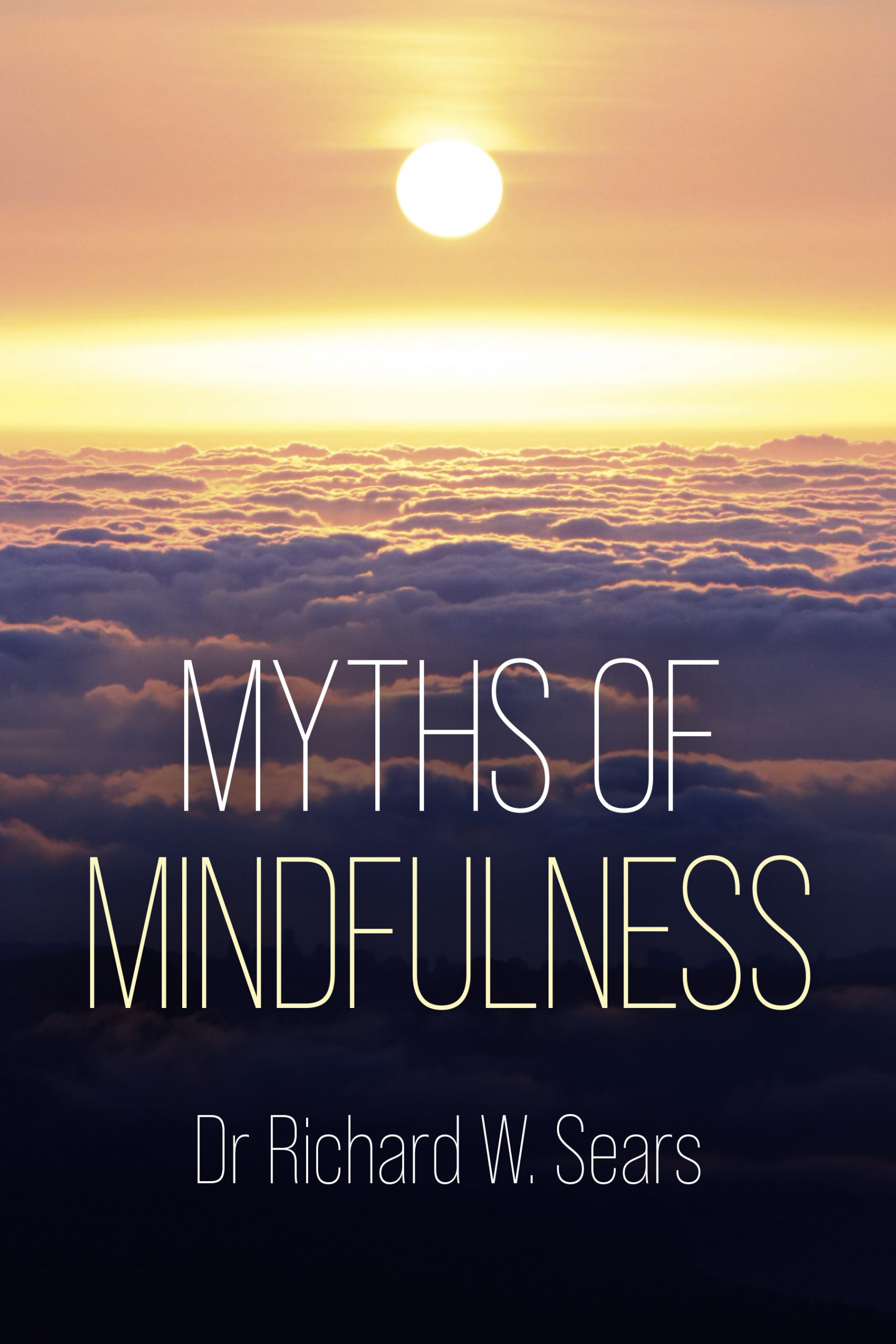
Details
Paperback isbn: 9781914110061
£17.99
Pages: 220
Publication Date: November 26th 2021
£17.99
$24.00Add to basket
Table of contents
Introduction
Chapter 1: Myths about the Origins of Mindfulness
Mindfulness is strictly a religious practice.
Mindfulness comes from Buddhism.
If you are not practicing the full ethical code of Buddhism, you are not doing real mindfulness.
Mindfulness practice makes you a Zen master.
Chapter 2: Myths about What Mindfulness Is
Mindfulness makes you feel better.
Mindfulness makes you feel worse.
Mindfulness is about thinking positive.
Mindfulness makes you happy.
Mindfulness is about having a clear, empty, or blank mind.
Mindfulness is about changing consciousness.
When you are mindful, you rise above your emotions.
Mindfulness requires nonjudgmental acceptance of things.
Chapter 3: Myths about How Mindfulness is Similar and Different
Mindfulness is just breathing.
Mindfulness is the same as meditation.
Mindfulness is about visualizing peaceful scenes and positive outcomes.
Mindfulness is the same as relaxation.
Mindfulness is a kind of self-hypnosis.
Chapter 4: Myths about The Practice of Mindfulness
Only great saints can do mindfulness – it’s not for me.
Mindfulness can only be done with formal, daily exercises.
Mindfulness takes a great deal of effort.
Mindfulness can only be done sitting still.
Mindfulness can only be done with eyes closed.
Mindfulness exercises have to be at least 45 minutes long.
You must move slowly to be mindful.
Chapter 5: Myths about the Magical and Mystical Effects of Mindfulness Practice
Mindfulness gives you ESP or magical powers.
Mindfulness is a mystical practice that makes you one with the universe.
Mindfulness gives you the meaning of life.
There are secret, advanced forms of mindfulness.
Chapter 6: Myths about Mindfulness and Mental and Physical Health
Mindfulness completely rewires the brain.
Mindfulness cures mental disorders.
Mindfulness always eliminates chronic pain.
Mindfulness cures medical diseases and makes you live a much longer lifespan.
Chapter 7: Myths about Mindfulness in Daily Life and Work
You can only be mindful in a peaceful setting.
It is important to be mindful at all times.
If you become too mindful, you will become unfeeling, and lose compassion for others.
If someone is mindful, they will forget appointments and responsibilities.
It takes years to become mindful.
Mindfulness interferes with your ability to work.
I don’t have time to be mindful.
About the book
Interest in mindfulness has been booming in recent decades, but a lot of misconceptions have grown up around this ancient practice, some of which can cause serious harm. In this book, clinical psychologist, researcher, and Zen master Dr. Richard Sears carefully separates the myths from the facts. He explores myths about the origins of mindfulness, what mindfulness is, how it is similar to and different from other techniques, the practice of mindfulness, its magical and mystical effects, mindfulness and mental and physical health, and about using mindfulness in daily life.
Far more than just debunking myths, Dr. Sears points out the profound ways that mindfulness can help us move through our struggles and enrich our lives with inspiring stories and practical tips. The realities of mindfulness are so much more fascinating than the myths.
About the author
Richard W. Sears, PsyD, PhD, MBA, ABPP is a board-certified clinical psychologist who conducts trainings online and around the world. He is Director of the Center for Clinical Mindfulness & Meditation and a professor at the University of Cincinnati. He is author of over a dozen books, including Mindfulness: Living Through Challenges and Enriching Your Life in This Moment. He has a fifth-degree black belt in Ninjutsu and once served as a bodyguard for the Dalai Lama. He received ordination in three traditions, recognition as a Zen master, and has a PhD in Buddhist Studies. His website is www.psych-insights.com.


